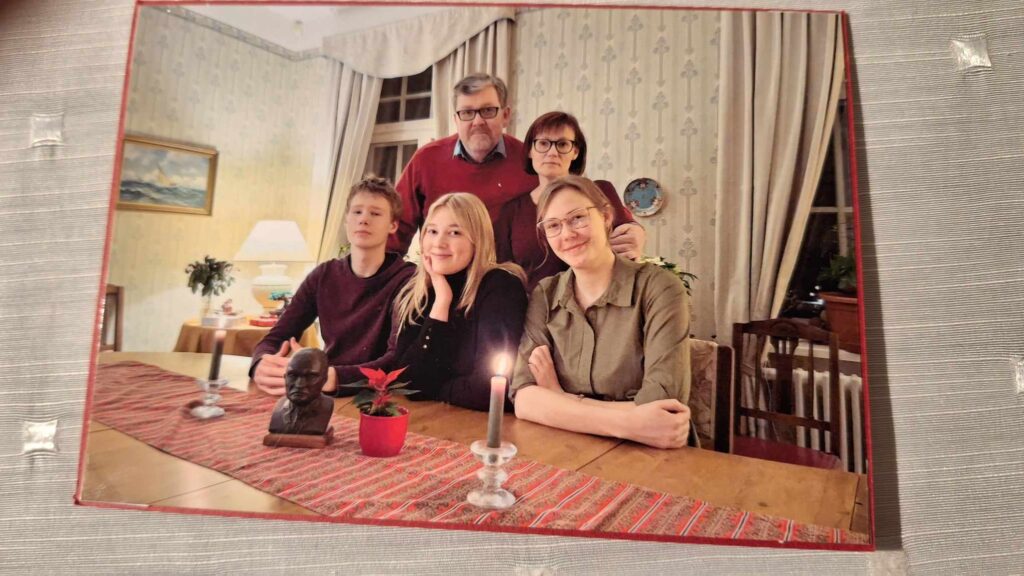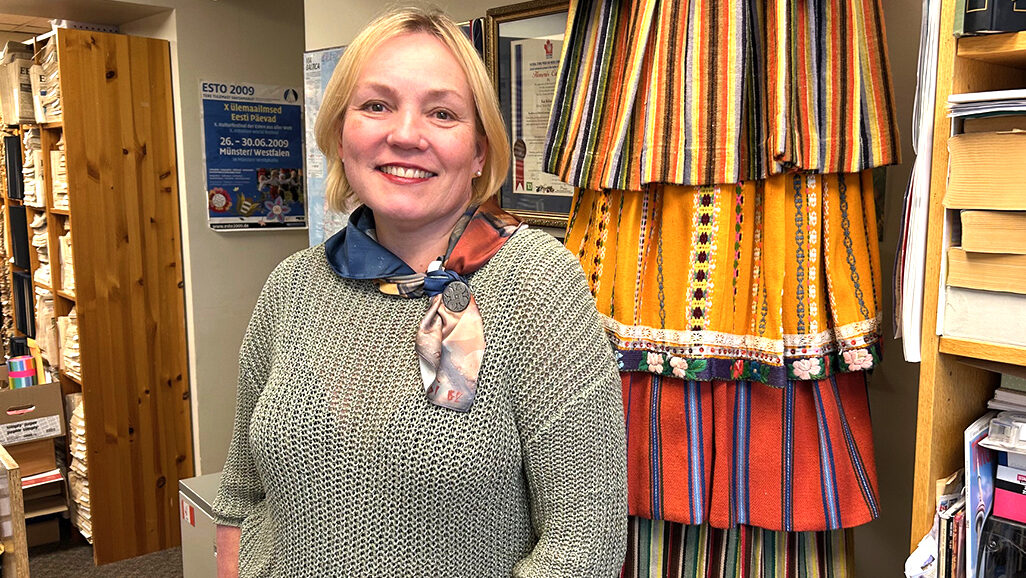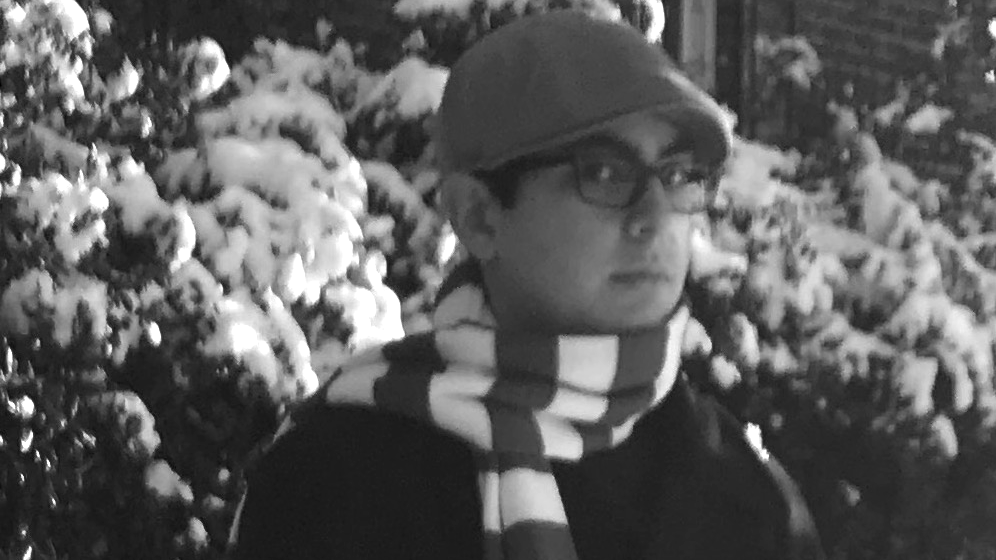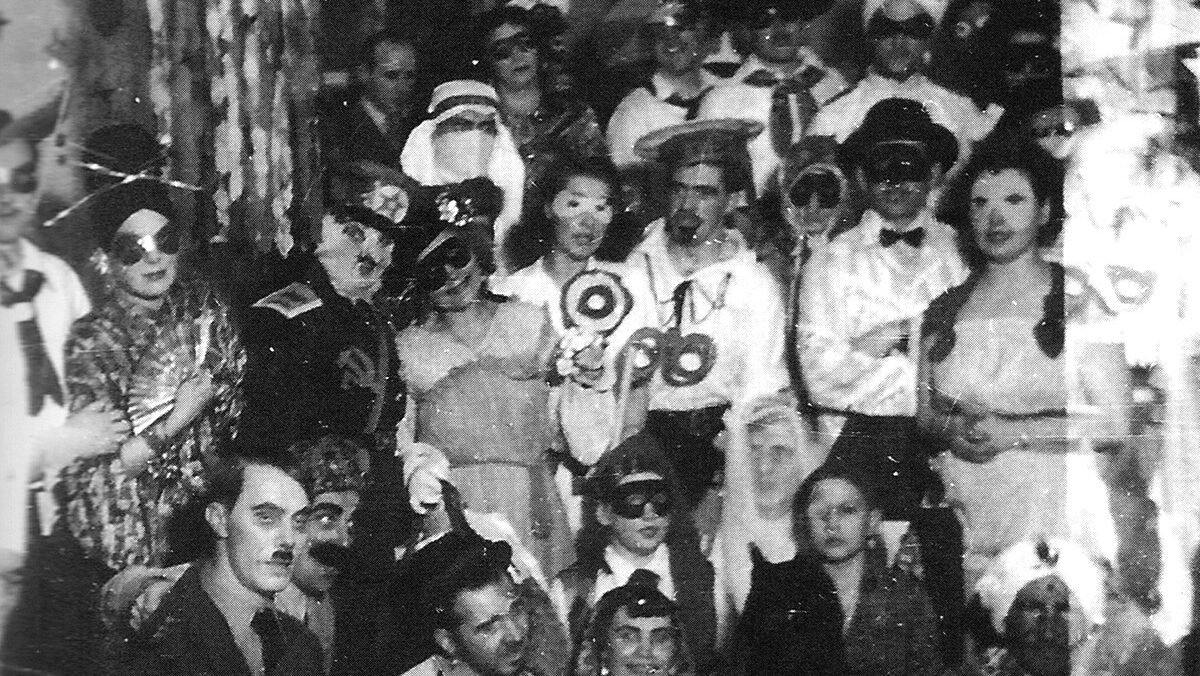
Two weeks ago, a person passed away who, more than anyone else, connected the first Estonian republic with the modern day, re-independent Estonia. Matti Päts, who was the grandson of Estonia’s first President, Konstantin Päts, passed away, at the age of 91, on November 14th, 2024.
Matti’s father disappeared into the Soviet prison system (where he died has never been ascertained) and in 1941, Matti was sent with his younger brother to a Soviet orphanage in central Russia. When his mother was released from a Soviet prison in 1946, she located Matti, whose younger brother had starved to death by then, in the orphanage and brought him back to Estonia. He was placed in one of the better schools — Tallinna Reaalkool or the Tallinn Secondary of School of Science — to help him improve his Estonian and receive a good education.
The Soviet system tried to ruin the Päts dynasty by denying Matti Päts an education. In a milder form, decades later, it would do so with Matti’s son Madis.
When his mother was deported for a second time in 1950, to Soviet Kazakhstan, the Communist party stated that, to prevent Matti from becoming a future leader of Estonia, they would keep him “stupid” (in Matti’s own words: „nad tahtsid mind lolliks jätta“). He would only be allowed to graduate grade 9. No secondary school or university. The Soviet system tried to ruin the Päts dynasty by denying Matti Päts an education. In a milder form, decades later, it would do so with Matti’s son Madis.
With his father having disappeared into Soviet prisons and his mother deported to Kazakhstan, who would stand up for Matti? Fortunately, relatives and friends of the family did not fear for themselves and intervened, and so Matti was allowed to graduate from secondary school.
Matti then applied to TPI, what is today called Tallinn Technical University (“TalTech”), to become an engineer. The rector, the administrative head of the university, told him that during that Stalinist era, given his background, it was unclear if he could work with factory workers. The rector told him that, to prove he could, he would have to spend a year working on the floor of a nationalized factory. So that’s what Matti did. Then he reapplied to university. This time, the rector said that he had no problem admitting Matti to university, but the Soviet student union had protested about Matti attending university. So Matti was forced to work in the same factory for another year. On his third try, he was accepted into the electrical engineering programme, from which he graduated.
How many students today would put up with such persecution and have the persistence to continue applying to university? Who his grandfather was had almost cost Matti his life in a Soviet orphanage and it almost cost him an education.
Enough time had passed that when Matti’s oldest child Madis attended Tallinna Reaalkool, he had no problems being accepted or graduating (1985). But times had not changed enough. Madis Päts wanted to attend the University of Tartu to study law, but Tallinna Reaalkool told him that there was no point in giving him a letter of recommendation — in those days, no university would accept a student without a letter of recommendation — to study law in Tartu, as he would not be accepted. The system had not changed enough. Not yet. Wishing to attend university, Madis then attended TalTech to study civil engineering in 1988. But by 1989, the winds of change had reached Estonia, and the University of Tartu accepted him to study law.
The shadow of Konstantin Päts, Madis' great grandfather, still affected his life.
Could the readers of this article, perhaps living in Canada or America, imagine that they would not be allowed to attend a university of their choice because of who their great-grandmother or grandfather had been? To readers, this must seem surrealistic. But in Estonia, it’s not so long ago that students had to abide by such gross injustice.

Madis Päts went on to become a notable litigation lawyer (hired in 2020 by then President of Estonia, Kersti Kaljulaid, to make a constitutional challenge to amendments to the Estonian government’s pension plan). He’s a local politician for the Isamaa party, was head of the Board of Trustees of Tallinna Reaalkool, and in 2021, was awarded the Order of the White Star, 4 Class, by President Kersti Kaljulaid. In 2019, he was awarded the Lawyer of the Year award by the Estonian Bar Association.
Katariina had not only free will in choosing a university and what to study, but a thesis topic that might very well have been chosen in a Canadian or US university.
The oldest child of Madis Päts and Riina Pihel, Katariina Päts, chose to attend the University of Tartu, obtained her B.A. and M.A. (both cum laude) there, and is currently a Ph.D. student, with her thesis topic being “The political activities of Estonians in exile to support the restoration of Estonia's independence from 1988 to 1991.” It documents how foreign-born Estonians supported Estonia’s re-independence drive.
Katariina had not only free will in choosing a university and what to study, but a thesis topic that might very well have been chosen in a Canadian or US university. While doing her M.A., she was also the President of the University of Tartu Student Body.
Katariina’s younger sister Margareta is presently working on her Master’s degree in Special Education and Speech Therapy at the University of Tartu, and is just finishing up a semester at Uppsala University in Sweden, within the framework of the Erasmus Plus programme. Katariina and Margareta’s younger brother Kaarel attends Tallinna Reaalkool.
Madis’ sister Madli Vallikivi-Päts has two daughters who are also active. Kai Vallikivi graduated from EKA (the Estonian Academy of Arts) with a B.A and is currently doing her M.A. in art history at the same university. Her younger sister Epp Vallikivi is doing her B.A. in geography at the University of Tartu.
The good news is that the Soviet system was unsuccessful in suppressing the Päts family. It’s an interesting insight that even an evil system like the Soviet Union recognized the importance of education.



